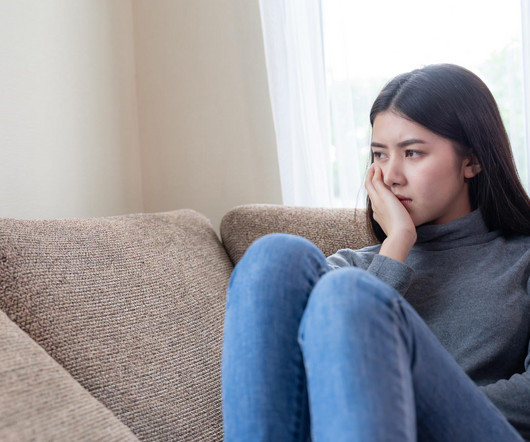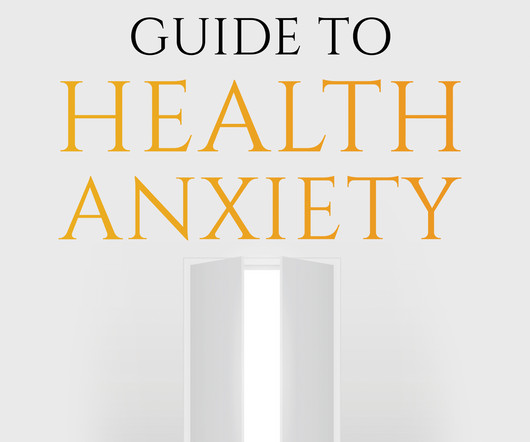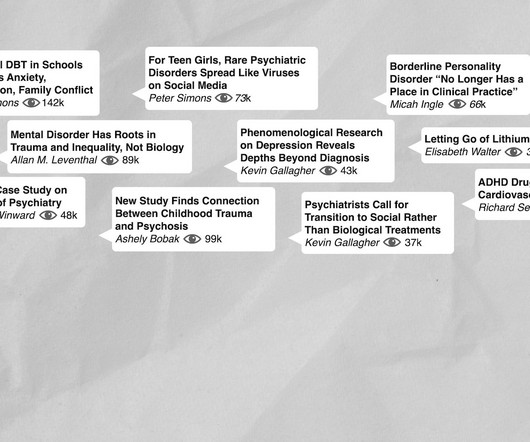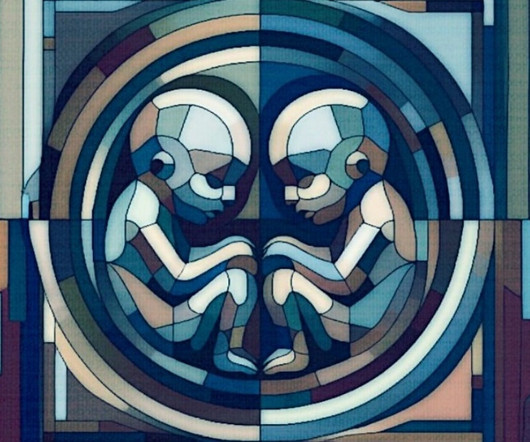8 Signs You May Be Living with Unresolved Trauma
Lightwork
APRIL 10, 2025
These lingering wounds, known as unresolved trauma, can silently shape our behaviors, relationships, and daily experiences without us even realizing it. For women, unresolved trauma can manifest in unique ways, impacting mental health through anxiety, depression, and complex emotional responses.












Let's personalize your content